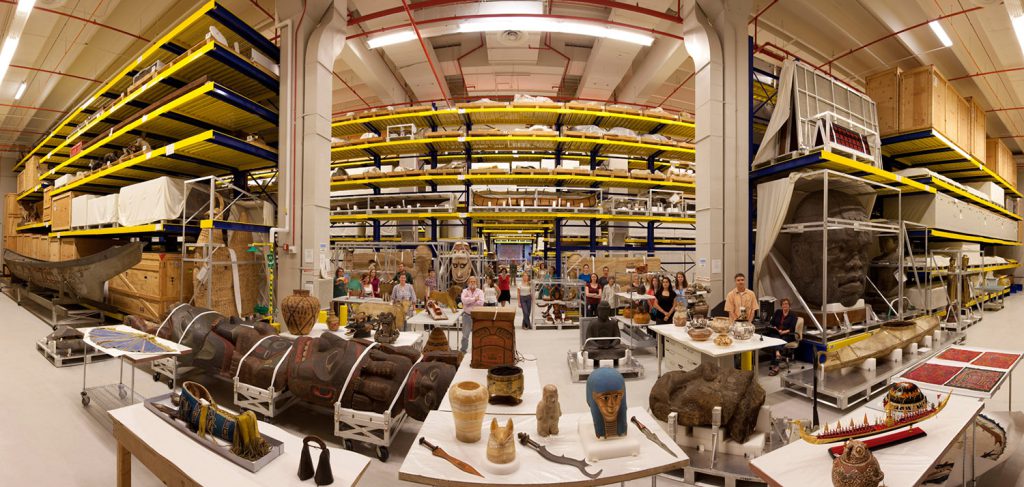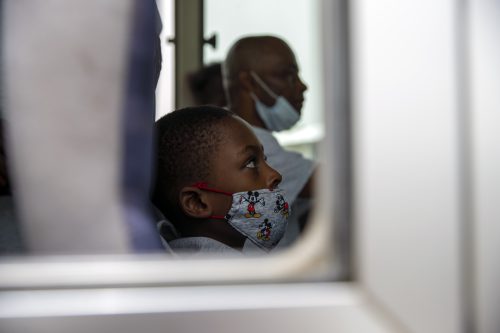Ethics in Archaeology
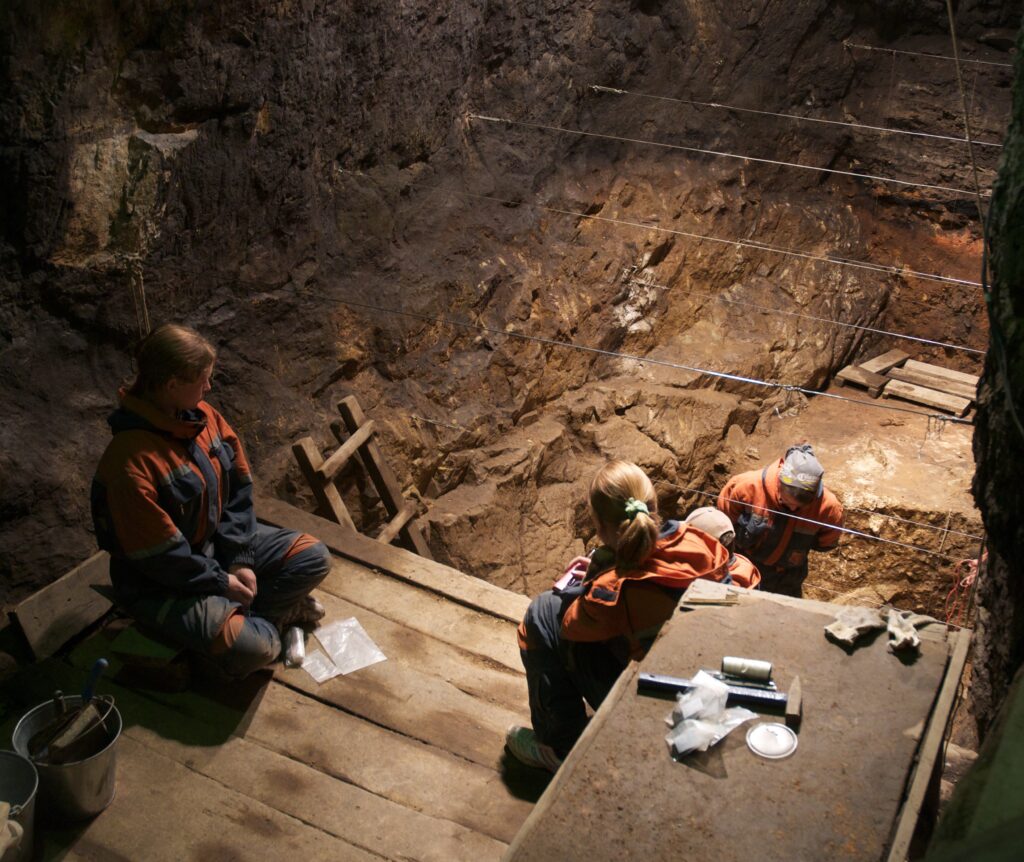
Archaeological discussions about ethics are reshaping the discipline both in theory and in practice. This unit provides a general introduction to some major ethical principles and presents examples of ethics in action and ongoing challenges.
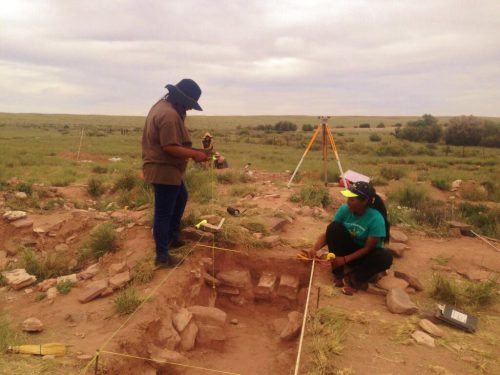
Confronting Cultural Imperialism in Native American Archaeology
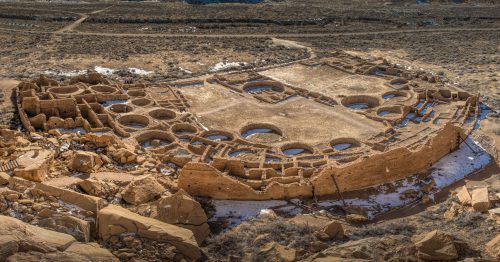
The Ethical Battle Over Ancient DNA

The International Order Is Failing to Protect Palestinian Cultural Heritage
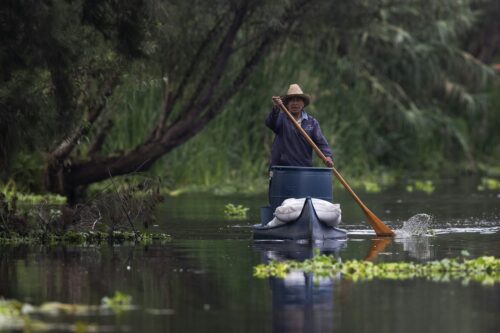
Cultivating Modern Farms Using Ancient Lessons
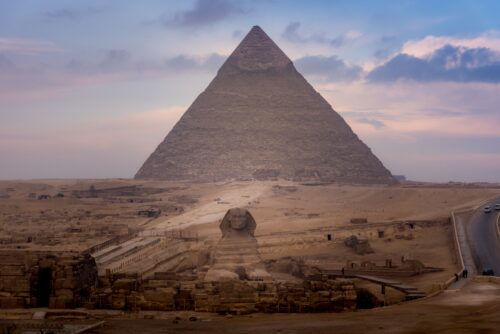
Why I Talked to Pseudoarchaeologist Graham Hancock on Joe Rogan
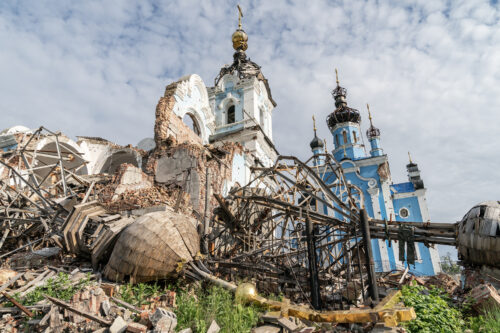
Spotlighting War’s Cultural Destruction in Ukraine
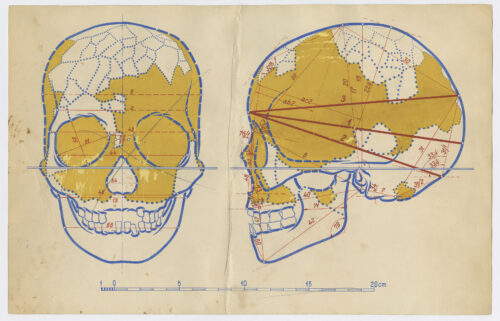
Learning From Snapshots of Lost Fossils
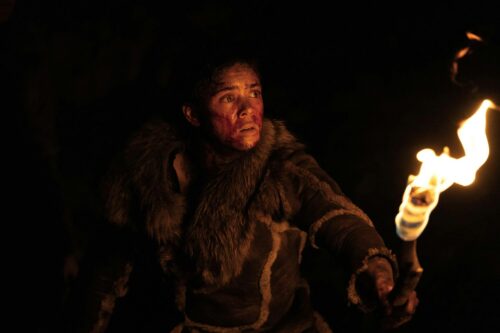
How Accurate Is the Stone Age Thriller Out of Darkness?

How Israeli Prisons Terrorize Palestinians—Inside and Outside Their Walls

The Viral Atrocities Posted by Israeli Soldiers
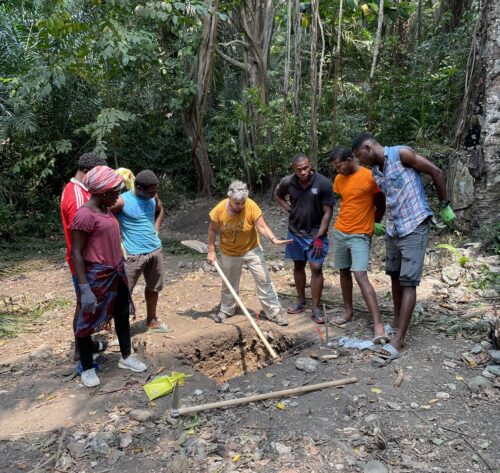
Unearthing the Origins of Plantation Slavery on São Tomé

Infant, Name Once Known

Living as Stateless Palestinians in Jordan

Strange Future
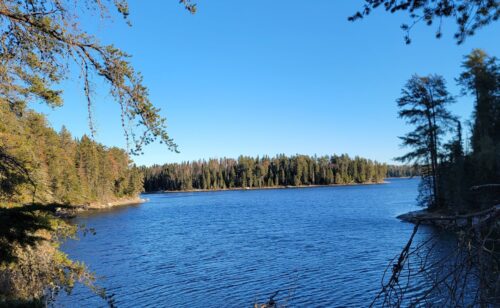
On the Tracks to Translating Indigenous Knowledge

Infant, Name Once Known
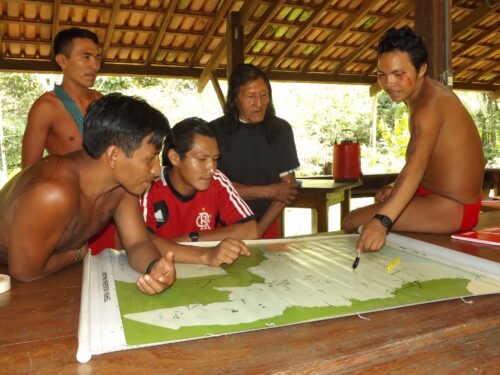
Finding Footprints Laid at the Dawn of Time
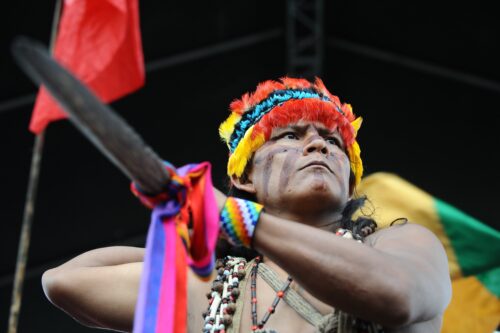
Reading the Future of an Amazonian Mine

A Mausoleum of Our Everydays/Nai nsang negu herouki

What Is “Natural” for Human Sexual Relationships?
- Ethics determine the decisions we make about how to act.
- Ethical thought helps us decide where to focus our inquiries and how to structure our approaches to work.
- Ethics in archaeology involve theory and practice.
- They help guide the principles of study and research on material culture, and they help lay the foundation for guidelines on how to interact with those whose lives and ancestors are the focus of study with respect, honesty, and professionalism.
- Discussions around ethical practices are often based on the process of recognizing histories of inequality that stem from colonialism and imperialism.
- Ethics help reshape the field to correct past wrongs, where possible, and develop practices that allow for work in partnership with communities that is mutually beneficial and that does not cause harm.
-
Colwell-Chanthaphonh, Chip, Jennifer J. Hollwell, and Dru McGill. 2008. “Thinking Through Ethics.” In Ethics in Action: Case Studies in Archaeological Dilemmas, edited by Chip Colwell-Chanthaphonh, Jennifer J. Hollwell, and Dru McGill, 29–52. Washington, D.C.: Society for American Archaeology Press.
-
Soderland, Hilary A., and Ian A. Lilley. 2015. “The Fusion of Law and Ethics in Cultural Heritage Management: The 21st Century Confronts Archaeology.” Journal of Field Archaeology 40 (5): 508–522.
-
Watkins, Joe. 2005. “Though Wary Eyes: Indigenous Perspectives on Archaeology.” Annual Review of Anthropology 34: 429–449.
- List the ethical principles addressed by the five readings. What previous actions and approaches might have led to the creation of these new standards for archaeological work?
- What are the sources of the tensions between Indigenous populations and archaeologists, and the field of archaeology, specifically?
- In general terms, what is the legacy of colonialism in archaeology, and which ethical concepts try to address those issues?
- What went wrong in the case covered by the 2017 SAPIENS article by Michael Balter? What aspects of source community agreements should be considered in cases like these moving forward?
- Why is so much emphasis put on listening to Indigenous voices? Why is it important for Indigenous communities to be involved in archaeological projects?
- Have students write a one-page analysis comparing the Society for American Archaeology’s (SAA) Principles of Archaeological Ethics and the World Archaeological Congress’ Code of Ethics.
- Have the class debate ethical quandaries, drawing from the SAA’s Ethics Bowl.
-
Article: Undark’s “In the Study of Ancient DNA, a Call for Collaboration”
-
List: Register of Professional Archaeologists & the Chartered Institute for Archaeologists’ Codes of Ethics and Professional Standards
-
Podcast: Otherwise?’s “Kenya’s Cultural Heritage”
-
TEDx Talk: Chip Colwell’s “Why Museums Are Returning Cultural Treasures”
Eshe Lewis (2020)
Museums
